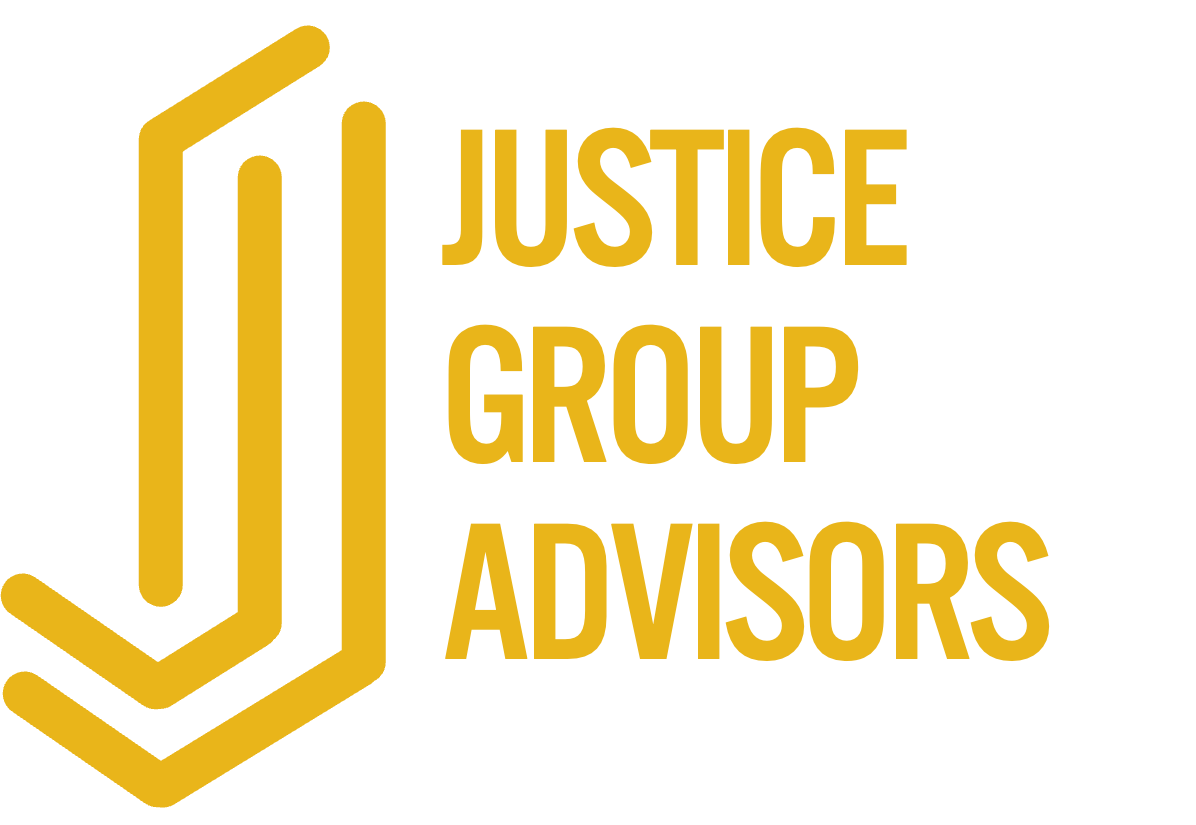Why Smart Leaders Negotiate Executive Coaching Into Their Offers
“When I stepped into my first high-stakes leadership role in biotech, I thought I had to figure it all out on my own. I was determined to prove myself—until I realized I was moving too fast, misreading the culture, and unintentionally damaging key relationships. I wish I’d known how much executive coaching could have accelerated my success.”
Many leaders stumble in their first 90 days. It’s not about competence—it’s about context.
You’re stepping into a new leadership role at a fast-paced biotech company. The stakes are high. Expectations, even higher. Everyone’s watching to see how you’ll make your mark.
But in those critical first few months, even the most talented leaders can falter. You might move too fast before fully understanding the culture, push for changes that feel out of sync with the team, or inadvertently damage relationships before establishing your credibility.
In biotech, where leaders often transition between drastically different environments—like big pharma and small, fast-paced startups—these missteps can feel like “organ rejection.” And just like in medicine, the best way to prevent rejection is to proactively prepare.
That’s where executive coaching comes in. Negotiating coaching into your job offer is one of the smartest moves you can make to set yourself up for long-term success.
Why Coaching Could Be the Key to Your Leadership Success
Leadership transitions are high-stakes moments, especially in an industry as dynamic as biotech. The fast-paced nature, high-pressure environments, and unique cultural expectations of small biotech companies often feel like a world away from the structure and slower pace of big pharma—or vice versa.
This is why many leaders stumble in new roles. They skip over three critical steps: understanding the culture, building trust, and earning credibility.
The consequences? Damaged relationships, slowed progress, and a rocky start that can take months—or even years—to recover from. Coaching helps you avoid these pitfalls and take a more intentional, thoughtful approach to your transition.
Curious about the business case of coaching for new leaders? Check out my earlier post, Does Your Job Offer Include Executive Coaching? It Should—and Here’s Why.
How Executive Coaching Prevents “Organ Rejection”
The right support early on can prevent missteps that damage credibility and derail your progress. Here’s how coaching helps.
✅ Clarify Priorities: Align personal goals with the organization’s unique culture and expectations.
✅ Build Influence: Establish trust with key stakeholders early on.
✅ Adapt to the Pace: Understand whether the organization requires big-picture thinking, hands-on execution, or a balance of both.
If you find yourself taking on too much too quickly, you might fall into The Overcommitment Trap—a common challenge for new leaders.
✅ Navigate Challenges: Address potential conflicts or misunderstandings before they escalate.
A Real-World Example: Coaching in Action
One of my clients negotiated a year of executive coaching after a rocky start. Coming from a large, structured organization, they initially struggled to adapt to the fast-paced, entrepreneurial dynamics of their new environment.
They fell into the “new leader trap” and made these common mistakes:
Advocating for too many changes too quickly.
Missing subtle cues about the team’s priorities and culture.
Damaging trust with peers and stakeholders before establishing credibility.
The same qualities that made them successful in their last role were now getting in the way.
Through coaching, they learned to slow down, listen more effectively, and align their approach with the organization’s unique dynamics. By the end of their coaching engagement, they had built strong relationships, delivered measurable results, and transformed what began as a rocky start into a story of success.
Imagine if they’d had coaching from the start—those early missteps could have been avoided entirely.
Why Employers Support Coaching (It’s a Win-Win)
If you’re wondering, “Why would my employer agree to this?”—here’s the answer: Coaching isn’t just good for you. It’s great for the organization.
When companies invest in coaching for their leaders, they get:
✅ Faster Results: Coached leaders hit the ground running and deliver impact sooner.
✅ Stronger Teams: Coaching helps leaders build trust and engagement within their teams.
✅ Better Retention: Supported leaders are more likely to stay and thrive.
For industries like biotech, where leadership transitions are high-stakes, coaching can be the difference between success and failure.
Want to know why top-performing leaders consistently invest in coaching? I unpack the reasons in What Smart Leaders Know: Coaching is the Shortcut to Success.
How to Ask for Coaching in Your Job Offer
Negotiating coaching into your offer might feel bold, but it doesn’t have to be intimidating. Here’s a simple roadmap:
1. Frame It as a Business Strategy
Don’t say, “I’d like coaching to help me be a better leader.”
Instead, say: “Coaching will help me onboard quickly, align with priorities, and deliver results faster.”
2. Know What You’re Asking For
Be specific. Do you want six months of coaching? Twelve months? Coaching for you and your team? The clearer you are, the easier it is for the organization to say yes.
3. Highlight the ROI
If you can show how coaching will benefit the organization, you’re not asking for a favor—you’re presenting a smart investment.
Example:
📈 “When leaders receive coaching during onboarding, they ramp up faster, avoid common missteps, and drive impact sooner. That early traction can make a measurable difference in team performance and business outcomes.”
4. Ask With Confidence
You’re a leader, and leaders advocate for the tools they need to succeed. Approach this conversation with the same confidence you’d bring to any negotiation.
Start Your New Role With Confidence
Here’s the bottom line: Negotiating executive coaching into your job offer isn’t just about asking for a perk—it’s about taking control of your success. Coaching equips you with the tools, insights, and support you need to lead with confidence and clarity.
Stepping into a new role? Let’s make sure you’re set up to lead with clarity and confidence from day one. Book a consultation—your future self will thank you.
Frequently Asked Questions About Negotiating Executive Coaching
Q: How do I explain the ROI of executive coaching to my employer?
A: Focus on outcomes. Coaching helps leaders ramp up faster, strengthen team engagement, and avoid costly missteps. To make the ROI tangible, frame it like this:
“What would it be worth to the company if I can accelerate my impact by three to six months, avoid early leadership missteps, and build a high-performing team from day one?”
You’re not just asking for support—you’re showing how a modest investment up front can yield meaningful returns in performance, retention, and team alignment.
Q: When should I ask for coaching in the hiring process?
A: Ideally, during offer negotiations. This is the best time to frame coaching as a strategic investment that sets you up for success in the new role.
Q: What if my employer is hesitant to cover the cost?
A: Emphasize the long-term ROI—coaching reduces ramp-up time, minimizes costly mistakes, and increases leadership effectiveness. Tie the request to business outcomes.
Q: Should I ask for coaching even if I’m experienced?
A: Absolutely. Even seasoned leaders benefit from coaching, especially when navigating a new culture or stepping into a more senior role.
Q: What’s the best way to frame the coaching ask?
A: Position it as a business strategy, not a perk. Emphasize how coaching will help you align quickly, avoid missteps, and drive results faster.





New leadership role? High expectations? Negotiating executive coaching into your offer could be the key to avoiding early missteps and accelerating your success. Learn how to position it as a smart business investment—not a perk.